Military Veterans Find Refuge in the Healing Power of Cannabis
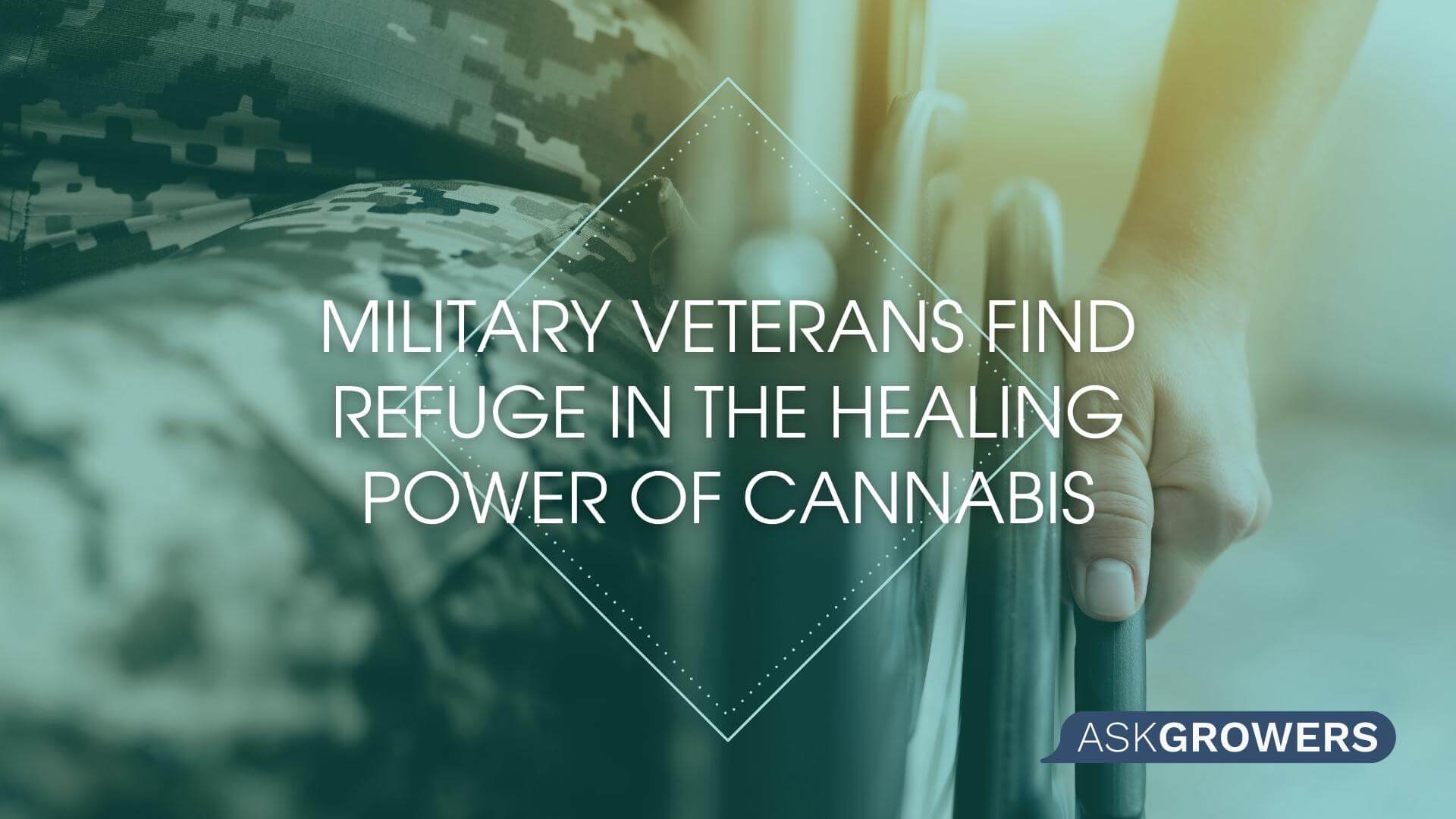
One night when feeling especially low, Cutler grabbed his gun and “put it to my head.” He claimed the prescription drugs had taken away his self-preservation instinct. Thankfully, he didn’t pull the weapon’s trigger.
When a young co-worker in Washington D.C. suggested Cutler try marijuana, he figured “why not?” After a few months of trying the plant back in 2011, Cutler landed a job with a local radio station. He also began speaking at pro-cannabis rallies across the country.
“When I learned that Israel and other developed countries successfully use cannabis to treat issues like mine, it became my mission to fight for people to get the same life-saving plant that helped me.”
In a perfect world, the marijuana success stories of Krajnak, Pickering and Boone would end here. But because the U.S. government still considers cannabis a Schedule 1 Controlled Substance, associating with the plant has placed several hurdles on the veterans’ roads to recovery.
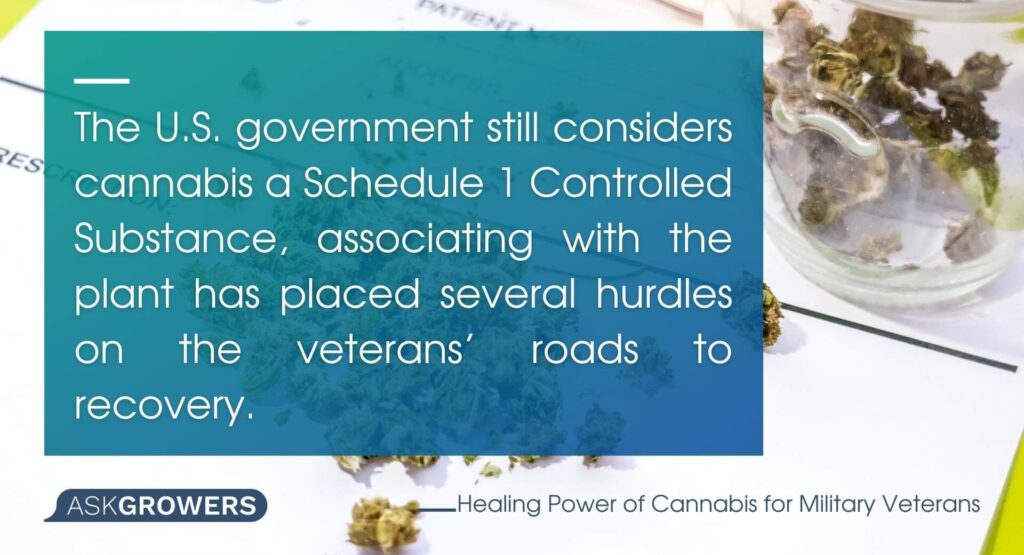
Archaic DUI Laws
Krajnak is a cautionary example for how far the plant still has to go.
Driving to his young son’s tee-ball game in 2018, the Navy veteran cruised through a green light at a busy East Las Vegas intersection of two highways, just a couple blocks from the baseball fields.
His life flashed before his eyes when a sedan speeding down the cross street went through a red light and directly in front of his Jeep Wrangler. Krajnak slammed on the brakes, but it was too late. His Jeep T-boned the sedan, and the other vehicle’s driver died in the crash.
Police interrogated Krajnak at the hospital that day and drew his blood before letting him go home. But a month later, a crew of SWAT officers knocked at his door. When Krajnak answered, they tackled him, cuffed him, and drove him to jail where he was booked for driving under the influence during the crash.
Krajnak’s blood test had come back positive for cannabis — more than twice the legal amount of active THC in Nevada and more than eight times the legal amount of marijuana metabolites. But he hadn’t smoked for almost 24 hours before getting into his car on that dreadful afternoon.
Marijuana DUI laws are one of greatest flaws in cannabis policy across the 36 states and three U.S. territories that allow some legal form of the plant. With so little cannabis research available, state legislatures and law enforcement agencies have generally failed to establish consistent testing standards.
In Krajnak’s case, Nevada’s low DUI limit – just 2 nanograms per milliliter or more of THC – meant almost everybody who used ganja within a few weeks could still test over the legal limit.
Barriers to Access
Pickering and Cutler had their own hoops to jump through just trying to get their medical flower, even in weed-legal states. Doctors with the Veterans Affairs Department are prohibited from prescribing or recommending marijuana because of its federal status.
Equally as challenging, registering as a marijuana patient in most states meant giving up the right to own a firearm. At least 12 states once required cannabis users to forfeit their concealed carry weapon permit. Veterans can still buy as much alcohol as they please, but for years couldn’t smoke a joint without having to forfeit their gun and risk losing their military benefits.
There’s also the employment hurdle. Veterans need their cannabis, but they also need their jobs. While some major U.S. employers and corporations have recently said they will not fire an employee for a positive THC test, businesses still have the legal right to do so in several states.
“There’s no logic behind it,” Pickering said of the contradictory laws, “and the biggest losers are people who rely on cannabis for their health.”
Solutions Looking Ahead
Marijuana law is still largely flawed, but many states have recently moved toward a more full-scale ending of prohibition. Even for certain measures that aren’t yet law, the spirit of cannabis legalization seems to be steering authorities into being more sympathetic.
Instead of life in prison, a judge sentenced Krajnak to five years of supervised probation — meaning he could live at home and essentially live a normal life.
Since 2019, several states have revamped their DUI measures to include higher active THC counts and metabolite limits for people suspected of driving stoned. A handful of states also banned on-site urine tests to measure cannabis levels and instead mandated that police only use blood samples.
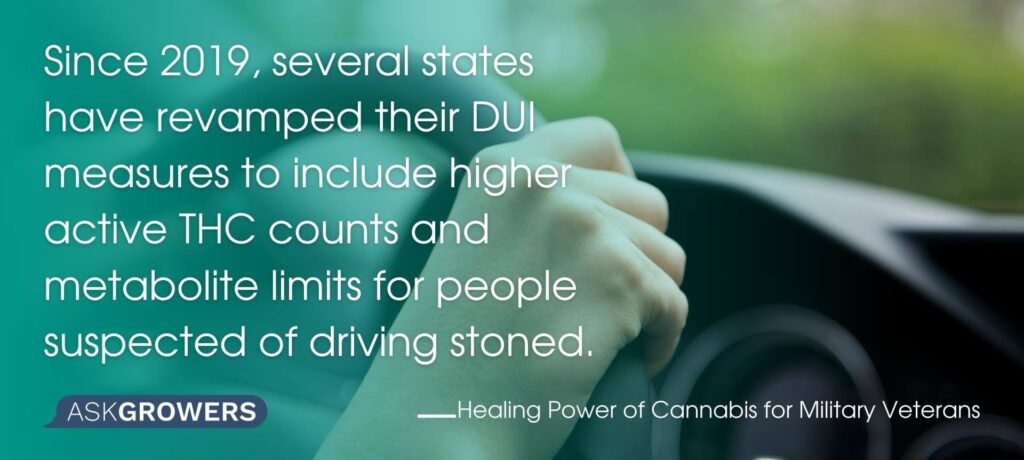
Pickering and Cutler have been able to keep both their military benefits and their Veterans Affairs doctor, thanks to updated laws that protect vets using the plant medicinally.
Hundreds of employers have also stopped testing for cannabis, while four states — Arizona, Delaware, Illinois and Nevada — banned companies from firing people for off-the-job marijuana use.
Military patient-advocates acknowledge that cannabis won’t ever be perfect without federal legalization. In the meantime, there’s still plenty of steps they believe states and industry leaders can take.
For starters, Pickering believes VA doctors should be able to prescribe the plant. Cutler contends healthcare and insurance packages should help cover the cost of cannabis as medicine, like they do prescription drugs. Finally, they believe all employees should be safeguarded from termination based on medical cannabis use.
In the big picture, the end of prohibition has come a long way. And with over 90 percent of Americans now favoring cannabis legalization for medical purposes, veteran-advocates are confident the decades-long barriers and stigmas associated with the plant will organically continue to crumble down.
“We’ve made some meaningful progress,” Cutler said, “but there’s still a long way to go.”
References
https://www.healthline.com/health/how-long-does-weed-stay-in-your-system
https://www.dav.org/veterans-resources/medical-cannabis/
https://www.concealedcarry.com/national-marijuana-concealed-carry-and-firearm-ownership/
https://apnews.com/a237f829f20a411-cb806d3375b42726f
https://www.npr.org/2021/06/02/amazon-wont-test-jobseekers-for-marijuana
https://www.leg.state.nv.us/App/NELIS-REL-79th2017/Bill/4881/Overview

 Health
Health



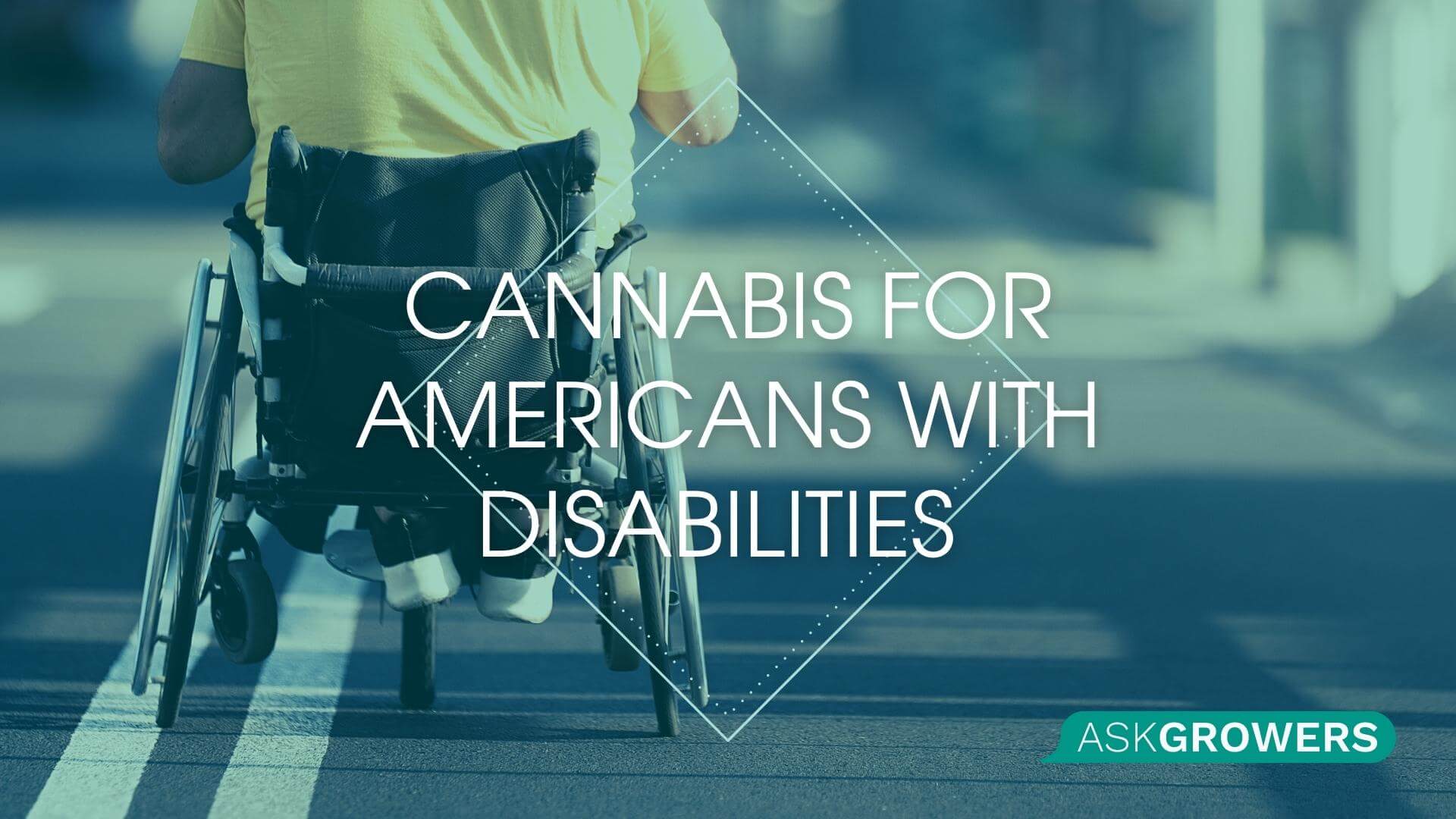

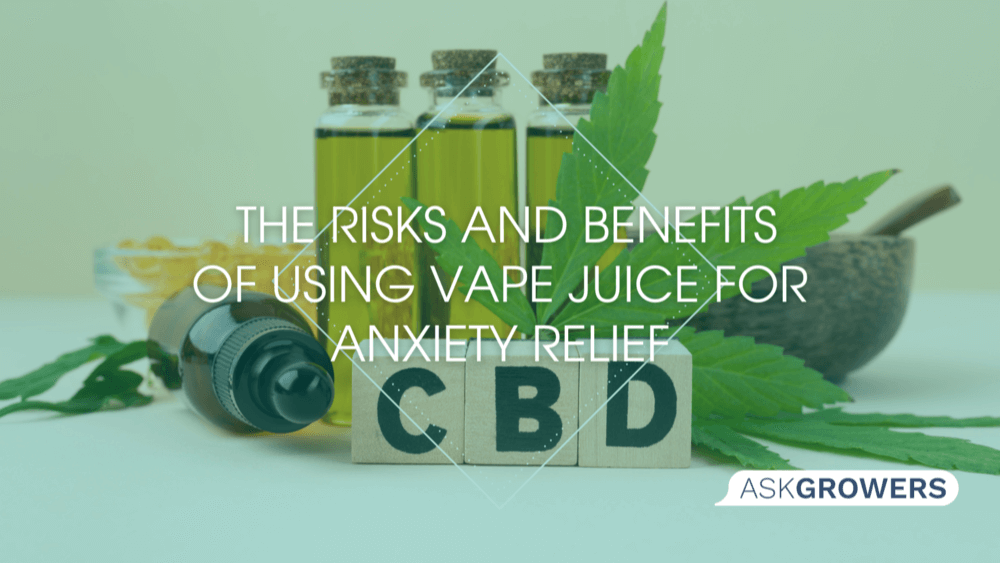

 (1).png)

.jpg)

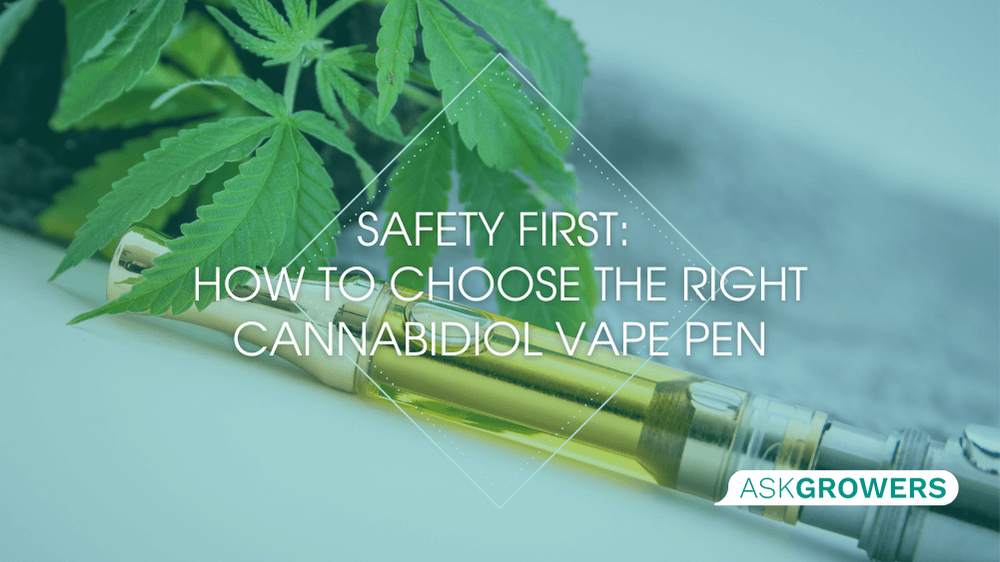
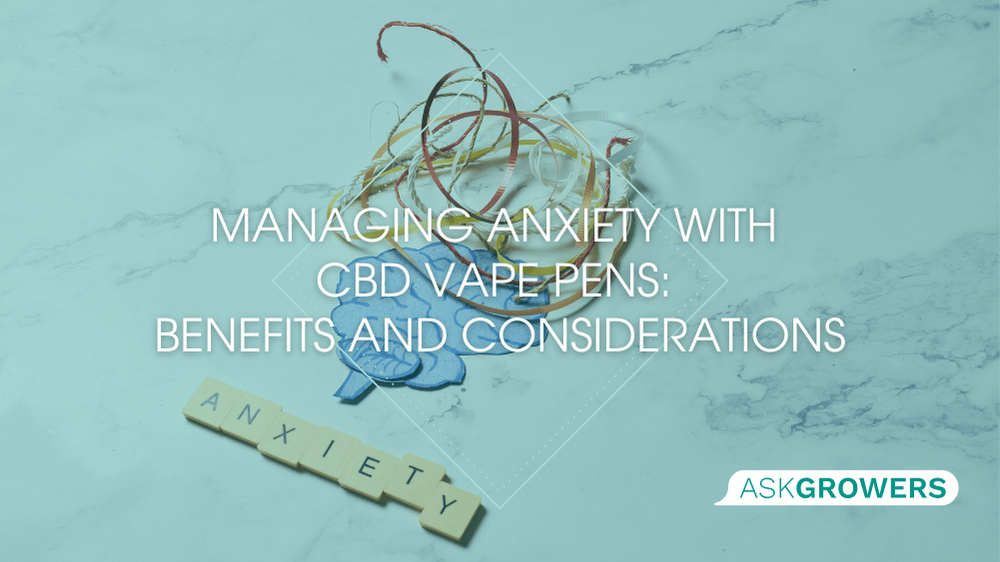


Be the first and share your opinion
Write a Review